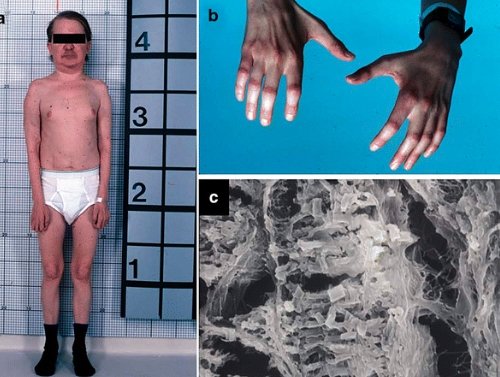The Scottish Medicines Consortium has approved Procysbi for use in NHS Scotland to treat nephropathic cystinosis, a rare kidney disorder that strikes young children. This decision on November 10, 2025, brings new hope to families by offering a more convenient treatment option that could ease daily struggles.
Understanding Nephropathic Cystinosis
Nephropathic cystinosis is a genetic condition that causes cystine, an amino acid, to build up in the body’s cells. This buildup damages organs, especially the kidneys, and often leads to kidney failure by age 10 if left untreated. Doctors diagnose it in infants through symptoms like excessive thirst, frequent urination, and poor growth.
The disease affects about one in every 100,000 to 200,000 newborns worldwide. In the UK, only a few dozen children and young adults live with it at any time. Without proper care, patients face dialysis or transplants early in life. Treatment focuses on slowing the damage, but current options demand frequent dosing that interrupts sleep and school.
Experts note that early intervention makes a big difference. Recent studies show that consistent therapy can delay kidney issues by years. Families often share stories of the emotional toll, from midnight doses to constant worry about long term health.

How Procysbi Changes the Game
Procysbi is a gastro resistant form of mercaptamine, designed to release slowly in the intestines. Unlike older treatments that need four to six doses a day, Procysbi requires just two, every 12 hours. This shift could mean better sleep for kids and less stress for parents.
The approval came after a thorough review by the Scottish Medicines Consortium. They considered input from doctors, patient groups, and drug makers. Clinical trials proved Procysbi keeps cystine levels low just as well as immediate release versions, but with fewer stomach side effects.
Patients switching to Procysbi report easier routines. One parent mentioned how it fits better with family life, allowing more normal activities. The drug comes in capsules or granules, making it suitable for all ages.
Here are key benefits of Procysbi over traditional cysteamine:
- Twice daily dosing reduces nighttime awakenings.
- Gastro resistant coating minimizes nausea and vomiting.
- Flexible forms help children who struggle with pills.
- Maintains steady cystine reduction for better organ protection.
Voices from the Medical Community
Ben Reynolds, a consultant pediatric nephrologist at the Royal Hospital for Children in Glasgow, called the approval a vital step. He said it gives doctors more ways to tailor care to each child’s needs, based on their health profile.
David Garzon from the rare diseases team at Chiesi UK and Ireland welcomed the news but stressed the need for fairness across the UK. He pointed out that while Scotland now joins Wales and Ireland in offering Procysbi, England lags behind.
Alison Railton, director of policy at Kidney Research UK, highlighted the real world impact. She explained that better sleep and routines could improve overall well being for these young patients. Advocacy from groups like the Cystinosis Foundation UK and Metabolic Support UK played a key role in pushing this forward.
Recent events, like a 3.9 million pound grant for new cystinosis research announced earlier this year, show growing momentum. These efforts aim to find even better therapies, building on approvals like this one.
Uneven Access Across the UK
While Scotland celebrates, the picture in the rest of the UK varies widely. In Wales, Procysbi has been available since 2021, helping families there for years. Ireland approved it even earlier, giving patients routine access.
England stands out as the exception. The process there remains stuck, despite evidence of the drug’s value. This creates what experts call a postcode lottery, where treatment depends on where you live. Families in England often turn to private options or travel for care, adding financial strain.
To illustrate the differences:
| UK Nation | Procysbi Availability | Year Started |
|---|---|---|
| Scotland | Approved for NHS use | 2025 |
| Wales | Routine NHS access | 2021 |
| England | Process stalled | N/A |
| Ireland | Available for years | Pre-2021 |
This table shows the gap clearly. Patient groups urge faster action in England to ensure no child misses out due to location. Logical steps, like shared UK wide reviews, could fix this soon.
Future Outlook and Family Support
Looking ahead, the Scotland approval might speed up changes elsewhere. Drug makers and advocates plan to keep pressing for uniform access. Ongoing trials explore combining Procysbi with other therapies to tackle eye and thyroid issues linked to cystinosis.
For families, resources abound. Support networks offer tips on managing symptoms and navigating care. Doctors recommend regular check ups to monitor progress and adjust doses.
This breakthrough reminds us how targeted treatments can transform rare diseases. It solves key problems like dosing hassles, offering practical relief. Share your thoughts in the comments below and spread the word by sharing this article to raise awareness for cystinosis families.


















